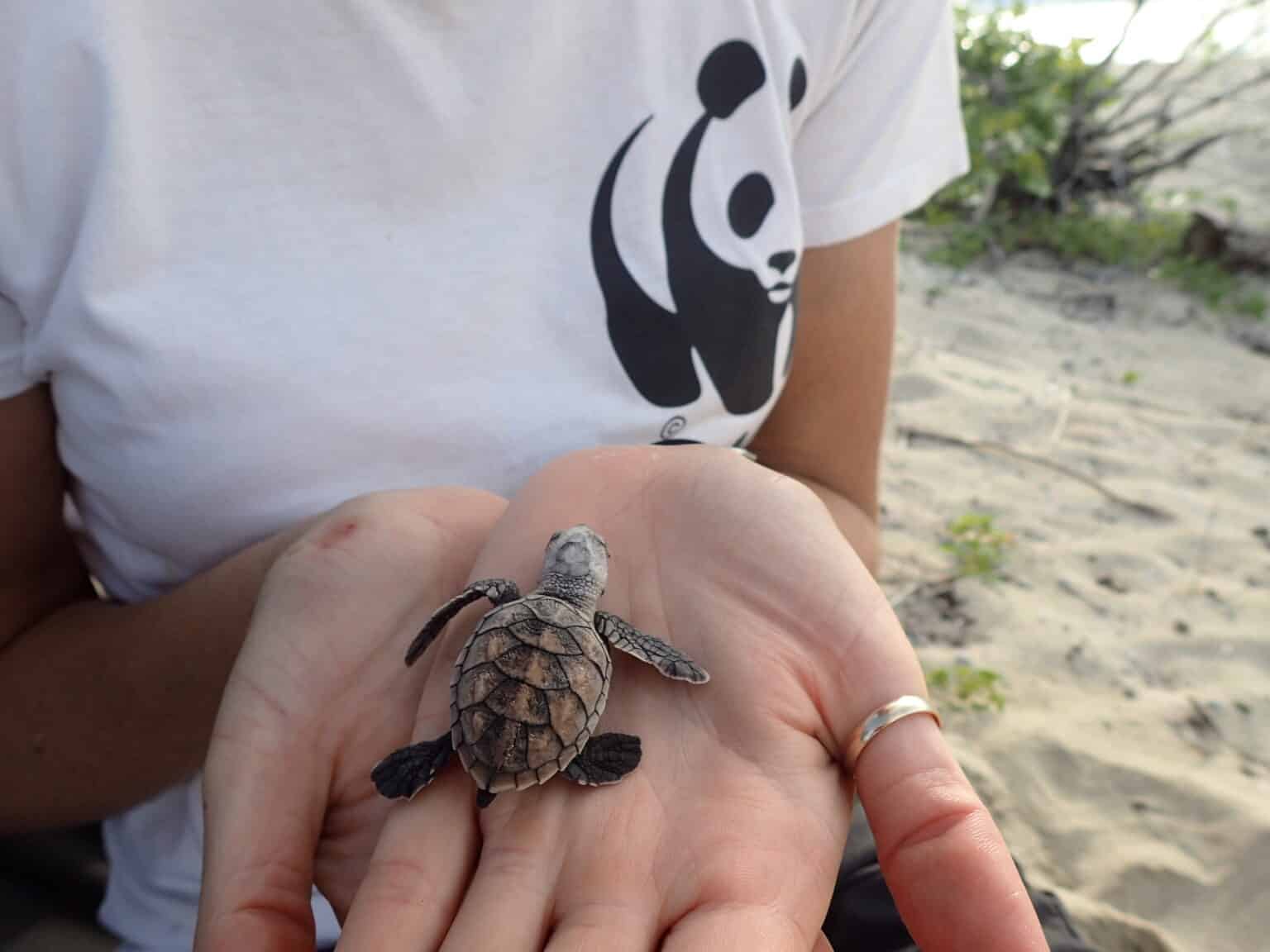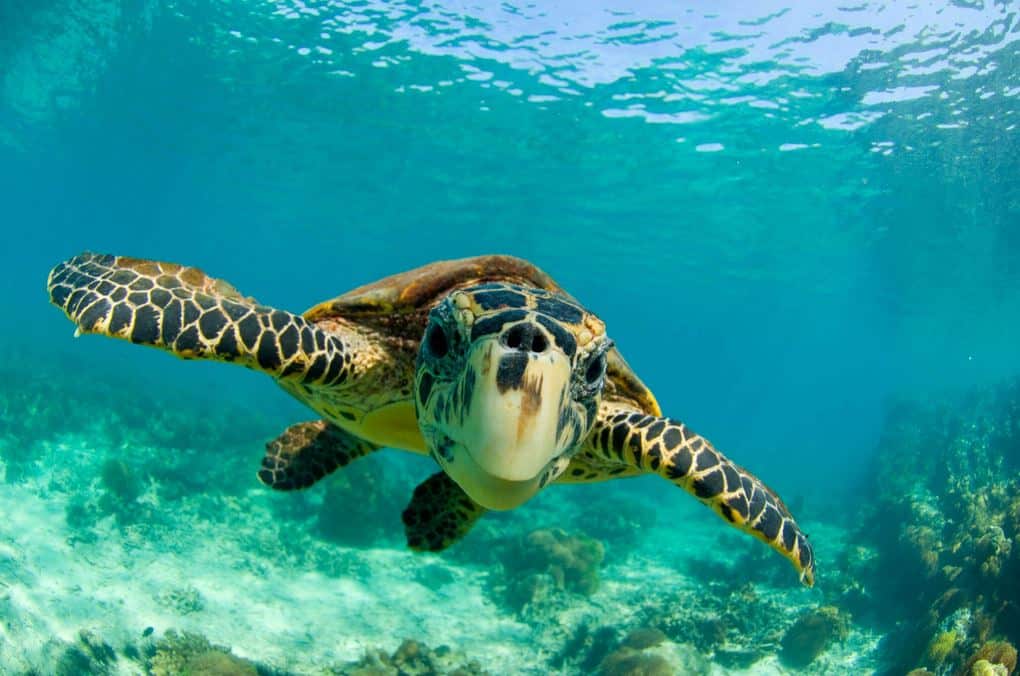Royal Caribbean in partnership with WWF-Australia, has developed a new DNA test that can detect the source of illegal hawksbill turtle products and help protect local hawksbill turtles.
Hawksbill turtles are migratory species and Australia has the largest hawksbill turtle nesting population worldwide, of about 8,500 turtles across Queensland, Northern Territory and Western Australia.
WWF-Australia has found that the critically endangered hawksbill turtles use the Coral Sea as their highway to travel from Papua New Guinea to the Great Barrier Reef. The new DNA test has also successfully matched the extracted DNA from processed tortoiseshell with DNA from a growing database of known hawksbill population.
“Despite international trade being banned over twenty years ago, poaching and the sale of hawksbill products still takes place in our region,” said Christine Hof, Marine Species Project Manager, WWF-Australia.
“It is unclear where poaching is most prevalent, but with the help of the turtle DNA test and database we’ll be able to map poaching hotspots and work with local governments in the Asia-Pacific region to combat these illegal activities.”
Hawksbill turtles from different regions, or even some countries, are genetically distinct, and their DNA signatures can be used to identify different nesting areas.
The scientific community estimates as few as 6,700 breeding females remain in the Indian and Pacific Oceans.
Over the last 100 years, the hawksbill population has declined by more than 75 per cent as it is the only sea turtle species that is hunted for its shell, to make “tortoiseshell” souvenirs like jewellery, combs and ornaments that are often sold to travellers while on holidays overseas.
Kathryn Valk, Director of Marketing and PR for RCL in Australia & New Zealand, said the company was proud to support action to help save the species.
“But for the simple reason that hawksbill turtles are among the most beautiful sea creatures, they have been hunted and illegally traded to the verge of extinction,” she says.
“This novel DNA test and database is a significant achievement in our partnership with WWF, giving authorities and researchers vital information to protect the species. Our vision is for a future in which hawksbill turtles return to their former numbers to perform their crucial role in maintaining coral reefs,” says Ms Valk.
The project forms part of Royal Caribbean and WWF’s five-year global partnership to support ocean conservation and help ensure the long-term health of the seas. Royal Caribbean will also be raising awareness of illegal wildlife trade among their passengers with their #thinkbeforeyoubuy while travelling overseas campaign.
This vital work is only possible through extensive partnerships with scientists, governments, universities, and communities living at the remote nesting sites around Asia Pacific, says Ms Hof.








